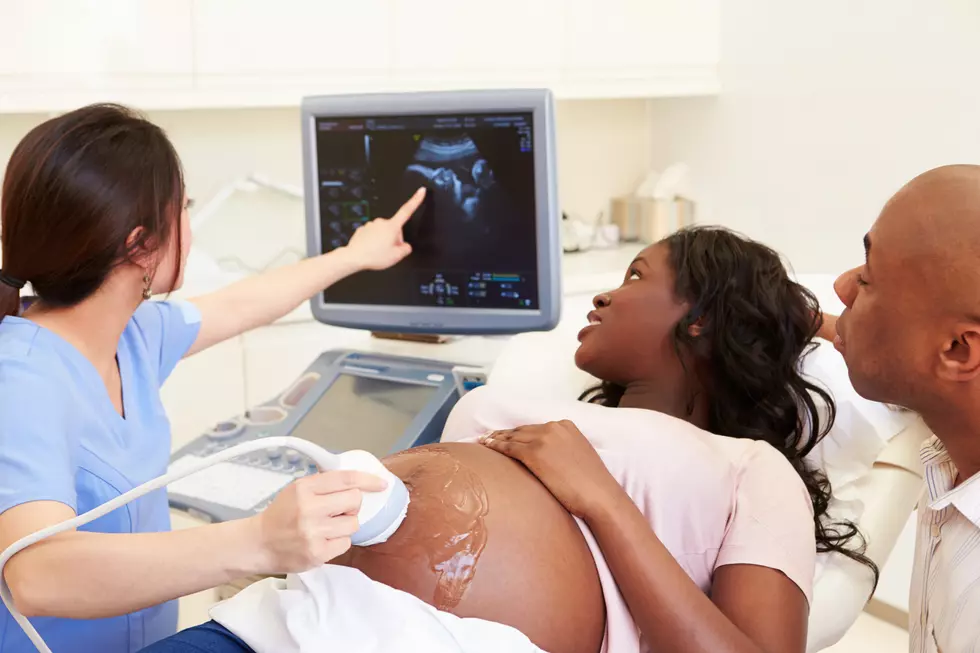
NJ records drop in rates of birth complications, risky C-sections
Birthing hospitals across the Garden State have made significant progress in reducing the frequency of major complications that could lead to serious health issues for mothers, or even death.
More than 600 cases of maternal mortality were avoided over a five-year period, according to data released in January.
Over the same period, hospitals recorded a significant drop in the rate of Cesarean-section births, which pose risks for a mother's delivery, and any future pregnancies.
The "Path to Progress" report released by the New Jersey Perinatal Quality Collaborative cites measurable improvements related to C-section delivery, hypertension, and obstetric hemorrhage.
The findings are based on progress made since the creation of the NJPQC, which works to reduce maternal and infant morbidity and mortality. The statewide collaborative is led by the New Jersey Hospital Association.
Nearly one-third of births in New Jersey occurred via C-section in 2016, according to the report. The approach is medically necessary in many births, the report notes, but it's a more invasive procedure than a vaginal delivery.
In 2021, New Jersey's C-section was 27.77%, according to the report. For first-time, uncomplicated pregnancies, the rate was preliminarily recorded at 24.36%.
The rate of disorders related to high blood pressure, including preeclampsia, fell by 29.4% from 2016 to 2021, the report finds. Hypertensive disorders in pregnancy were the leading causes of morbidity and severe maternal mortality between 2014 and 2016.
Over the same time frame, the incidence of obstetric hemorrhage, one of the most common birth complications, declined 15.4%. The issue can pop up at any time during pregnancy and delivery, and post-birth.
"New Jersey's birthing hospitals are delivering on their goal of ensuring that mothers and babies have every opportunity for a safe, successful birth experience," said Cathy Bennett, president and CEO of the New Jersey Hospital Association.
For each area of focus, birthing hospitals adopted "bundles" of best practices from the industry.
"The bundles are built on evidence-based practices," said Suzanne Spernal, vice president of women's services at RWJBarnabas Health, and co-chair of the NJPQC. "They provide the guidance, while also educating staff and empowering mothers and families to work together for the best patient outcomes."
The NJPQC is made possible through funding from the Centers for Disease Control and Prevention, which recently renewed the collaborative for another five years. Its patient safety efforts will receive $275,000 per year.
Despite the progress cited in the report, clear racial disparities persist, Spernal said. Past reporting by New Jersey 101.5FM noted that the maternal mortality rate is seven times greater for Black women compared to their white counterparts.
"I'm hoping that over the next five years, as we continue to see improvement in the clinical outcomes, you will see those disparity gaps close and disappear," Spernal said.
Dino Flammia is a reporter for New Jersey 101.5. You can reach him at dino.flammia@townsquaremedia.com
Click here to contact an editor about feedback or a correction for this story.




